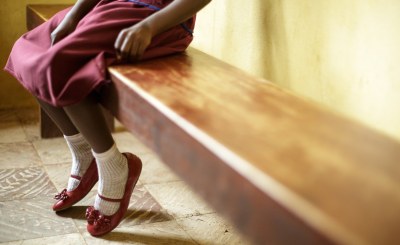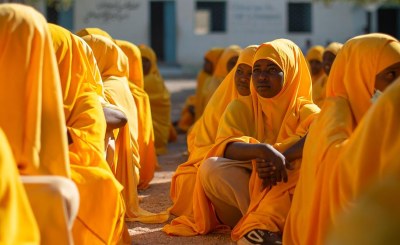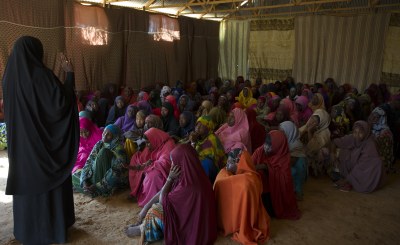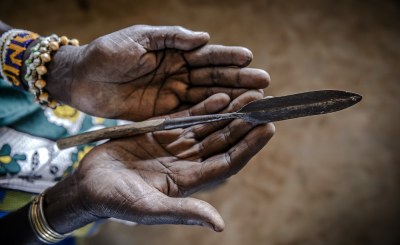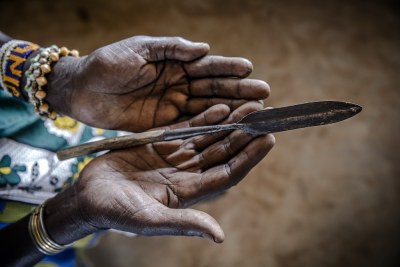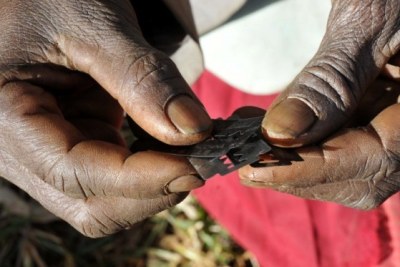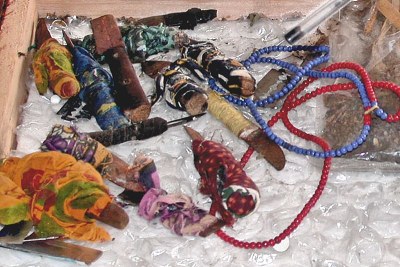-
Nigeria: Nigeria, World's Third Highest In Female Genital Mutilation - UNICEF
Vanguard, 7 February 2022
The United Nations Children's Fund, UNICEF, says with an estimated 19.9 million survivors, Nigeria accounts for the third highest number of women and girls who have undergone… Read more »
-
Somalia: Daughters of Somalia, a Continuous Pledge to End Female Genital Mutilation
UN News, 4 February 2022
In Somalia, over 90 per cent or more of girls and women, have been subjected to female genital mutilation, or FGM. Despite the practice having devastating health ramifications for… Read more »
-
Tanzania: Get Rid of Bad Cultural Practices, Calls Minister Gwajima
Daily News, 4 February 2022
MINISTER for Community Development, Gender, Women and Special Groups, Dr Dorothy Gwajima, has called upon citizens in regions with high number of cases of Female Genital Mutilation… Read more »
-
Africa: Covid-19 Pandemic Threatens Push to End Female Genital Mutilation - UNICEF
UN News, 3 February 2022
The COVID-19 pandemic could reverse decades of global progress in stamping out female genital mutilation (FGM), UN agencies warn ahead of the International Day to eliminate the… Read more »
-
Nigeria: Nigeria Joins Global Call for Eradication of Female Genital Mutilation
Premium Times, 6 February 2022
The International Day of Zero Tolerance for Female Genital Mutilation (FGM) is a UN-organised event for advocacy towards eradicating the menace. Read more »
-
Nigeria: Female Genital Mutilation On the Rise in Nigeria, Unicef Warns
This Day, 7 February 2022
The United Nation Children's Fund (UNICEF) yesterday warned that female genital mutilation (FGM), otherwise called female circumcision, was on the rise in Nigeria especially among… Read more »
FGM Weighs Heavy on Nigeria, as World Calls for End to Mutilation
As the International Day of Zero Tolerance for Female Genital Mutilation was marked on 6 February, the UN estimates that 200 million women and girls around the world have undergone FGM, with 80% of cases occurring in Africa alone. Most of the girls who have undergone this practice are below 15 years of age.
The Covid-19 pandemic has increased the risk of female genital mutilation continuing unfettered, with the UN predicting that an additional two million girls will be victimized in the next ten years. Prolonged school closures have provided cover for girls recovering from FGM. In addition, movement restrictions have prevented campaigners against FGM from accessing some villages.
The United Nations Children's Fund, UNICEF, has said with an estimated 19.9 million survivors, Nigeria accounts for the third-highest number of women and girls who have undergone Female Genital Mutilation, FGM, globally.
In Somalia, over 90% or more of girls and women, have been subjected to female genital mutilation. Despite the practice having devastating health ramifications for women and girls - including pain, bleeding, permanent disability, and even death - discussion over how to end the harmful tradition, remains taboo.
FGM involves the partial or total removal of external female genitalia or other injuries to the female genital organs for non-medical reasons. The practice has no health benefits for girls and women.
InFocus
-
Uganda's Culture Affairs Minister Peace Mutuuzo has said that Female Genital Mutilation (FGM) has increased from 0.3%to 52% in Kapchorwa District, and in Karamajo Sub-region during ... Read more »
-
A number of women's rights groups have filed a case against the government at the ECOWAS regional court to try and force the authorities in Bamako to take action against Female ... Read more »
-
The high court ruling will give a much-needed boost to the fight to end the widely condemned practice of female genital mutilation in the East African nation, women's rights groups ... Read more »
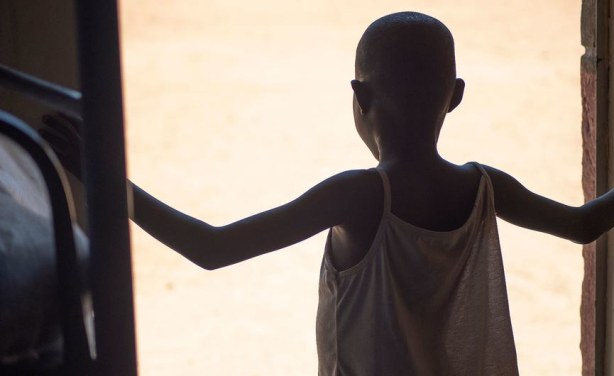
An eight-year-old girl living in a rescue centre for girls who have fled forced marriage and female genital mutilation (FGM) (file photo).
